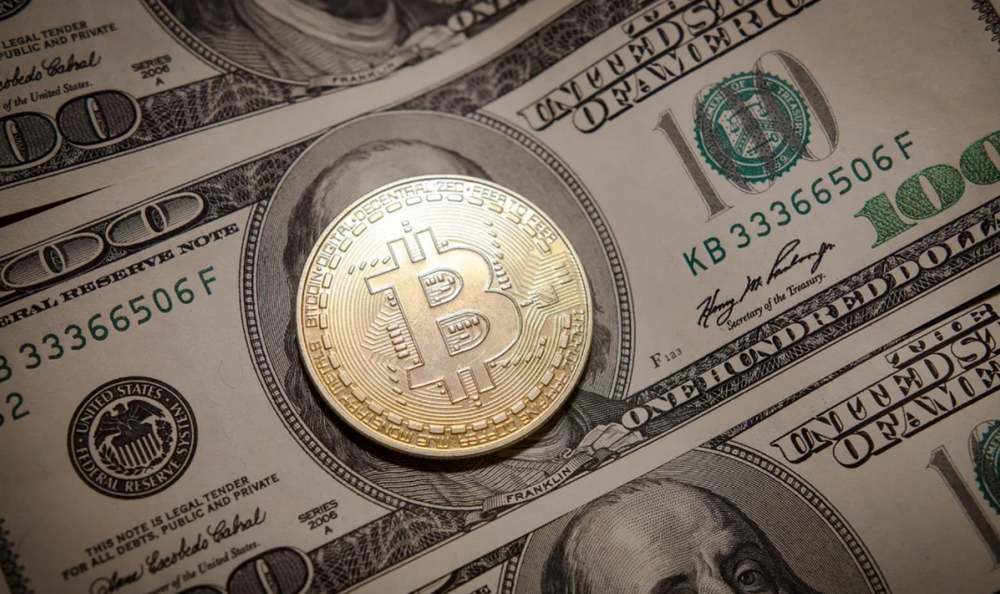Viewpoint | Will ETF change bitcoin like changing gold?
Translator's Note: This article was first published on November 19, 2018 at https://medium.com/datadriveninvestor/will-an-etf-transform-bitcoin-like-it-did-in-gold-d5825a36373f
Originally compiled by Cobo Wallet, it does not represent Cobo's point of view; the data and parts of the text are newly compiled by Cobo Wallet and updated on June 13, 2019.
On March 28, 2003, the world's first gold ETF, ETFS Physical Gold (GOLD), was listed on the Sydney Stock Exchange, and the gold ETF has since embarked on the stage of the financial world. About 18 months later, the giant giant in the gold ETF market, the SPDR Gold Trust Fund (NYSE code GLD) was established. Since then, the situation has changed dramatically.
The gold ETF has been born for more than a decade and has had a profound impact on the gold market. From the price point of view, when the GOLD fund was just listed, the price of one ounce of gold was only $330. In 2011, the price of one ounce of gold was close to $1,800. Although it has fallen back, the current price has already exceeded $1,300.
- 2019 Digital Expo CCTV Interview – Luo Mei: Blockchain Digital Economy Competition Becomes Highland, Trust and Security Are the Core
- Interview with She Knows | DeFi lost: 90% of users don't care about technology, the key to killer applications is whether it can be commercial
- CSW is legal Nakamoto? The latest court documents show that CSW has given the top 70 bitcoin block addresses
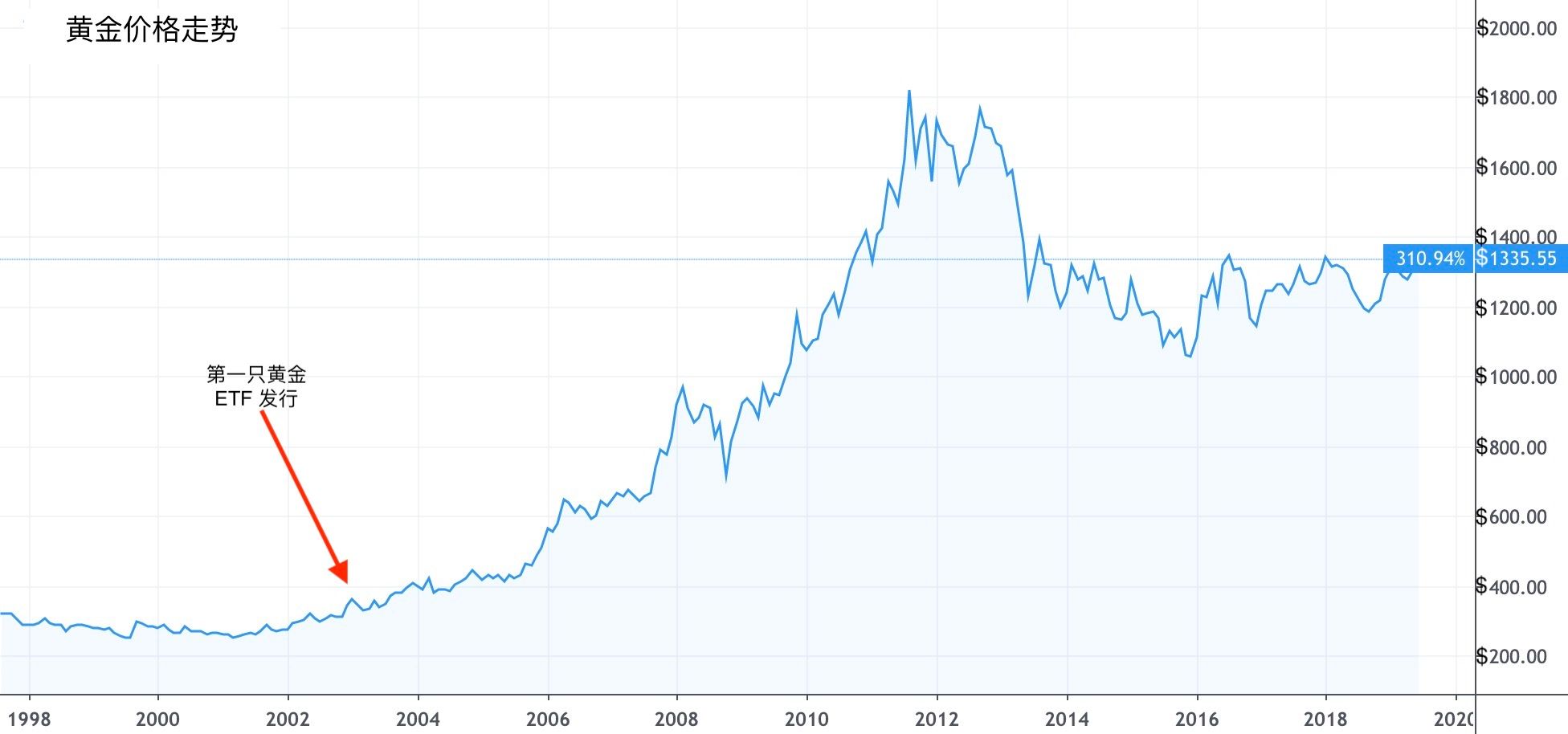
©️ trading.com
Of course, there has been an unprecedented surge in gold prices. The reason behind this is not only the gold ETF. In the early 21st century, China’s large increase in imports of bulk commodities was also an important factor. With the influx of funds, most people have already recognized the idea that “ETF will change the rules of the game in gold and other precious metals markets”. In fact, GLD's asset management scale broke through the $75 billion mark in a short period of time and quickly developed into one of the largest funds in the world. The total assets of the global gold ETF have exceeded $150 billion.
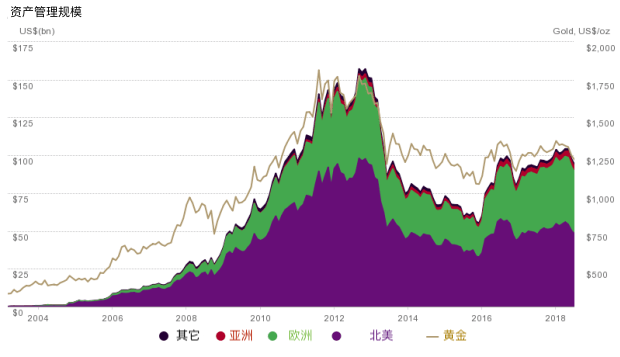
©️ gold.org
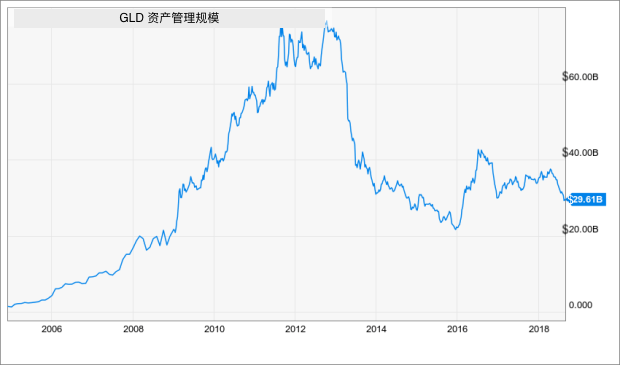
©️ ycharts.com
Commonality between Bitcoin ETF and Gold ETF
Some friends are now discussing whether Bitcoin can replace gold, but I think this topic is too early, because the digital currency is still a newborn compared to precious metals. However, Bitcoin does have a lot in common with gold :
- Both provide a fixed and limited supply through "mining". Unlike other assets, gold and bitcoin cannot be produced out of thin air. Gold is mined by means of surface mining, and bitcoin is mined by mathematical algorithms.
Father Buffett once said, "The world's gold is put together, probably a 67-foot cube." What about bitcoin? As a digital currency, Bitcoin does not need to occupy physical space at all.
- Both can be stored as separate values, unlike printed legal currency, where the value of gold and bitcoin does not depend on the central bank or government.
So, do bitcoin ETFs and gold ETFs have a lot in common?
Although the Bitcoin ETF has encountered some resistance from regulation, it is believed that it will be passed in the near future. Everyone wants to know if the ETF will be a huge plus for Bitcoin. By lowering the entry barriers for investors, the gold ETF has changed the precious metals market. Similarly, will the Bitcoin ETF lower the threshold for people to enter the digital currency world?
The biggest attraction of the gold ETF is that it improves the convenience of trading physical gold. By participating in the ETF, getting gold suddenly becomes as easy as buying stocks. In fact, buying a gold ETF is equivalent to buying a fund company's share of ownership – taking GLD as an example, the physical gold owned by the fund company is hosted in HSBC's London vault, and then people can buy and sell stocks on the exchange. Trading gold ETFs.
By buying gold ETFs, investors don't have to hold physical gold, and they don't have to worry about storage, transportation, safety, etc., so many investors regard it as a more convenient and more cost-effective gold investment solution.
Fraud, hacking, storage risks and other issues in the digital currency field have made many institutional investors daunting. If the Bitcoin ETF is approved, the attraction will not be as good as the gold ETF. You can understand this: Bitcoin ETF is the storage share of the sold Bitcoin, so investors can buy Bitcoin ETFs like a stock through a brokerage account, without the risk of hacking during the exchange trading process; There is no need to consider how to keep the mnemonic/private key, and bear the risk of bitcoin being lost or stolen due to poor custodian/private key custodianity.
As with gold ETFs, ownership of assets after the purchase of Bitcoin ETFs is irrelevant to you, but currency fluctuations are related to you. So after buying a Bitcoin ETF, you don't need to hold Bitcoin to get the profit through currency fluctuations.
Of course, the Bitcoin ETF does have some advantages in terms of convenience, but whether it can bring huge changes to the market like the gold ETF remains to be seen.
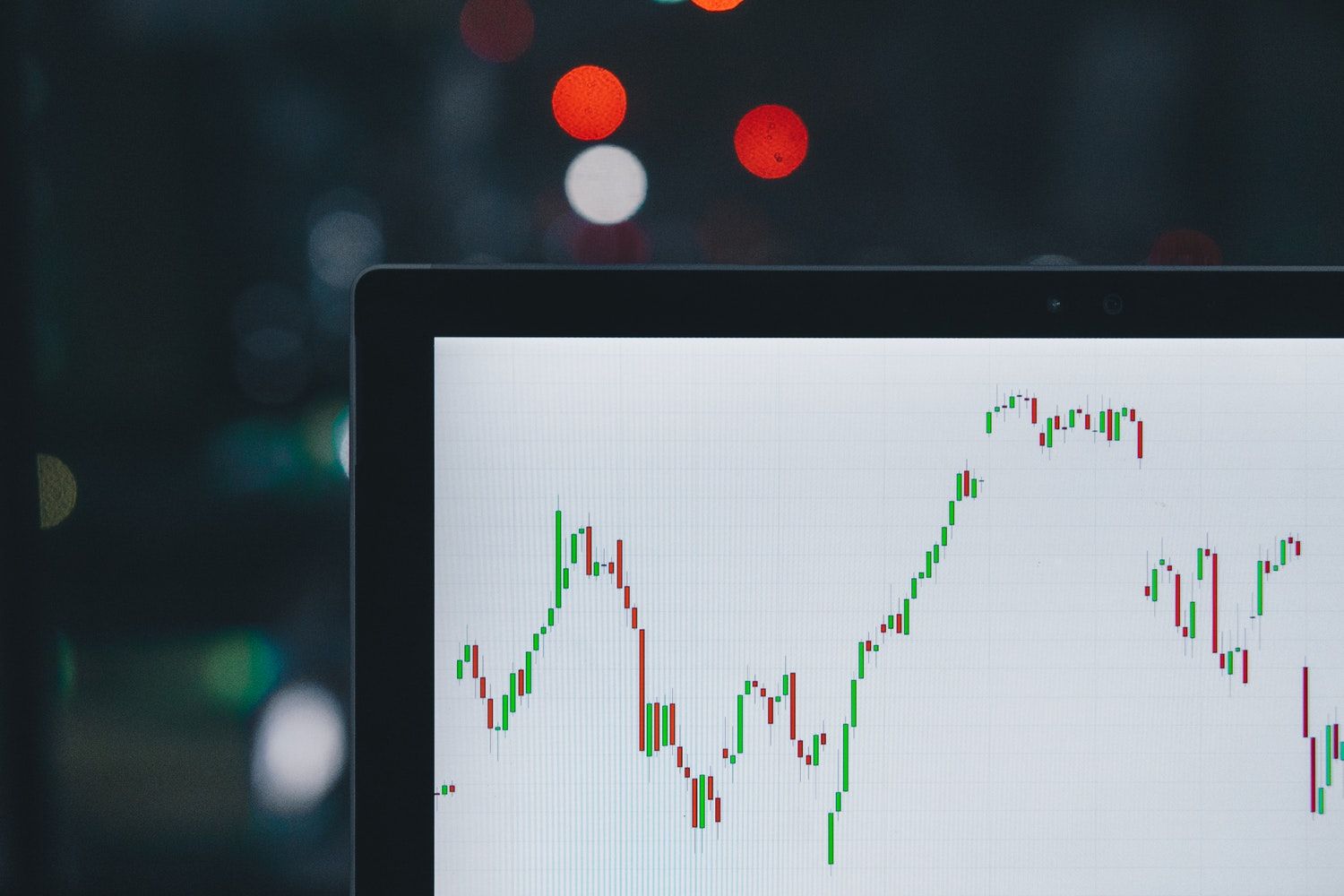
Of course, it should also be mentioned that the drawbacks of investing in gold ETFs may also apply to Bitcoin ETFs.
For example, because you don't actually own physical gold, but buy shares from fund companies, this can lead to counterparty risk – fund companies or custodians operating/storage can cause you losses, bitcoin ETFs Investors will also face the same risks.
Moreover, when financial risks arise, the claims you receive after your claim are likely to be cash, not gold or bitcoin.
Difference between Bitcoin ETF and Gold ETF
- Hedging vs speculation
The biggest difference between gold and bitcoin is that due to the strong hedging nature of gold, it can usually protect investors when the market is uncertain and other asset classes plunged, so the demand for gold has been strong. For example, the financial crisis of 2007-2009, stocks, bonds and other collapses, people are eager to choose gold as a safe-haven asset, but also brought about a surge in the scale of gold ETF asset management over the past decade. But so far, it remains to be seen whether Bitcoin can become a safe-haven asset like gold.
So the question is: How many percent of the global gold ETF holdings are for safe haven purposes? How many percent is purely for speculation? If it is risk-averse, then it is still unclear what impact Bitcoin ETF can bring to the current market.
- Gold Futures vs Bitcoin Futures
At the end of last year, the US Securities and Exchange Commission (SEC) rejected two ETFs submitted by ProShares, which tracked the 2017 Bitcoin futures contract approved by the US Futures Exchange. But futures-based Bitcoin ETFs may differ significantly from futures-based gold ETFs (such as DGL), which may end up being more acceptable to investors.
Like most commodity futures-based ETFs, gold futures contracts must be transferred to the next month's contract after the previous month's contract expires. In this case, there is usually a large spread between the two futures contracts, especially when one expects that the future spot price will be lower than the futures price.
The price difference reflects the buyer's preference for futures gold. In order to avoid the storage, insurance, transportation and other expenses involved in spot gold, people are willing to pay a premium to buy futures. The premium in the futures contract means that the forward exchange rate is more expensive than the spot exchange rate, so ETF investors may incur additional costs from the current contract to the next contract.
However, because bitcoin ETF futures are not based on physical objects, thus avoiding the aforementioned premium problem, futures-based bitcoin ETFs may be more popular than gold/commodity futures ETFs.
But so far, the US Securities and Exchange Commission (SEC) has not yet applied for any bitcoin futures ETF, because the current bitcoin futures trading volume is not enough to fully support ETP (Exchange Traded Products) listing, so, in the push bit Improving the liquidity of Bitcoin is a more important challenge before the currency futures application is approved by the SEC.
ETF small science
Similarly, the bitcoin/digital currency ETF is equivalent to an index fund in the digital currency field. Buying a bitcoin/digital currency ETF can enjoy its corresponding return without holding bitcoin/digital currency.
(This article does not constitute investment advice, the currency market is risky, investment needs to be cautious)
We will continue to update Blocking; if you have any questions or suggestions, please contact us!
Was this article helpful?
93 out of 132 found this helpful
Related articles
- Opinion | GPU mining in the next two years, the bonus is still
- Visa responds to Ripple, SWIFT lays the gun
- Facebook's ambition: From the business circle of the social platform to the next world currency?
- Facebook issues cryptocurrencies: the industry is good, but it is extremely scary
- Ripple: I am tired, Facebook wants to destroy me, and Visa wants to embezzle me.
- No DeFi outside Ethereum? Where are the opportunities for overtaking EOS corners?
- Babbitt column | Five trends in blockchain in 2019






